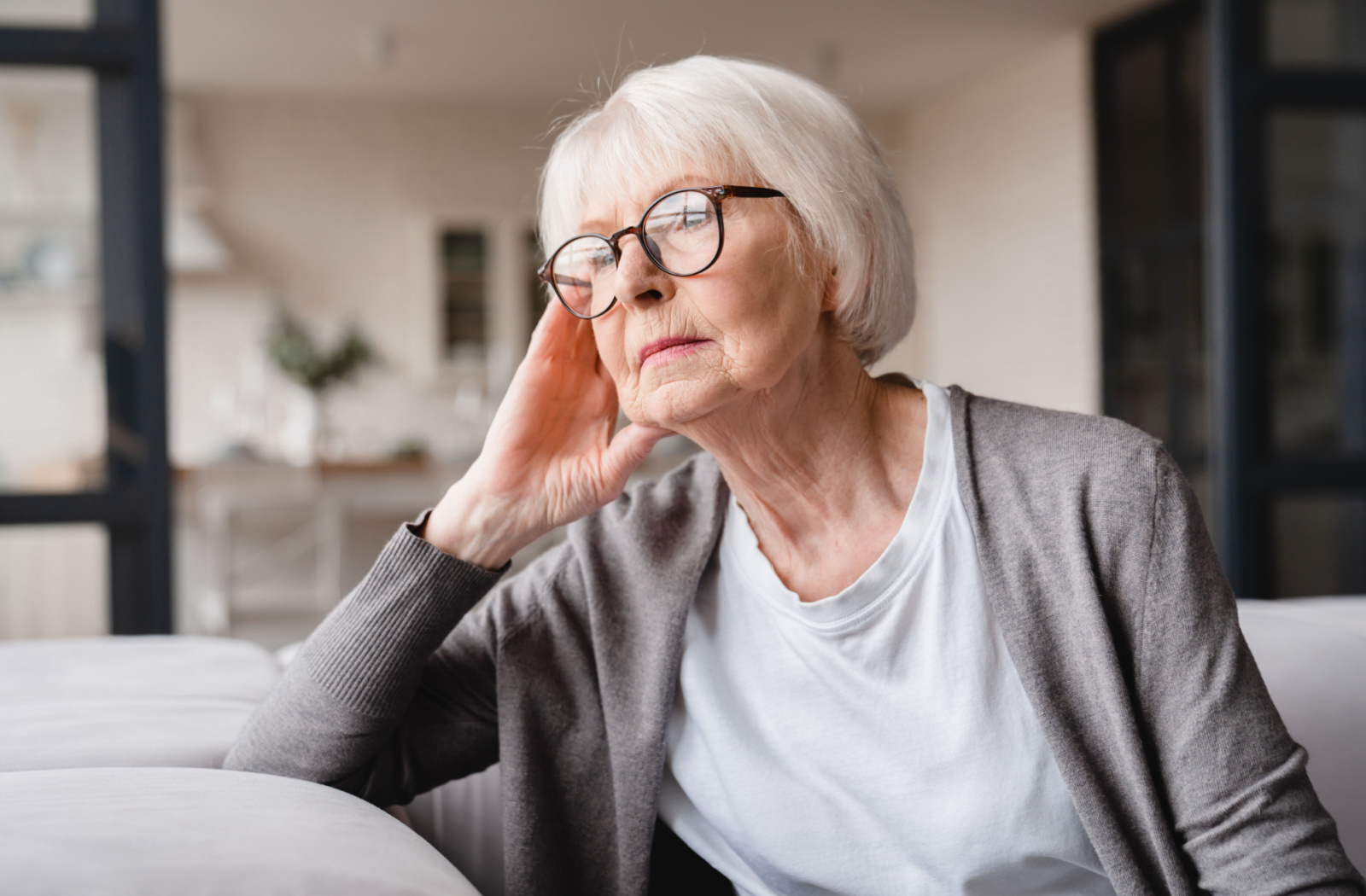Hormone imbalance can occur for many reasons. However, as you age, your body goes through various changes, and one of the significant factors that can impact overall health and well-being is hormone imbalance. Causes of hormone imbalance in seniors can include hormone fluctuation, stress, aging, lifestyle, medical conditions, and environmental factors.
Regular health assessments can help seniors determine the underlying cause and recommend a treatment plan. This article explores some of those causes and discusses potential treatment solutions.
Hormone Imbalance in Seniors
Hormones, produced by the body in the endocrine glands, play a crucial role in regulating numerous bodily functions, from metabolism, reproduction, and energy levels to mood and sleep patterns. A hormone imbalance is when you have too much or too little of a specific hormone.
Signs or symptoms of hormonal imbalance can include the following:
- Weight gain
- Unexplained or sudden weight loss
- Fatigue
- Muscle pain, weakness, tenderness, or stiffness
- Joint pain, stiffness, or swelling
- Increased or decreased heart rate
- Sweating
- Sensitivity to cold or heat
- Constipation or frequent bowel movements
- Frequent urination
- Increased thirst and hunger
- Decreased sex drive
- Depression
- Anxiety or irritability
- Blurry vision
- Infertility
- Fine, brittle hair
- Dry skin
- Rounded face
- Purple or pink stretch marks
- Weight gain
- Unexplained or sudden weight loss
- Fatigue
- Muscle pain, weakness, tenderness, or stiffness
- Joint pain, stiffness, or swelling
- Increased or decreased heart rate
- Sweating
- Sensitivity to cold or heat
- Constipation or frequent bowel movements
- Frequent urination
- Increased thirst and hunger
- Decreased sex drive
- Depression
- Anxiety or irritability
- Blurry vision
- Infertility
- Fine, brittle hair
- Dry skin
- Rounded face
- Purple or pink stretch marks
Causes of Hormone Imbalance in Seniors
Imbalance can occur from several causes, such as hormone fluctuations throughout life, the endocrine glands not working properly, stress, lifestyle factors, or result from natural aging.
Hormone Fluctuations
While some hormones remain the same or increase, certain hormone levels decrease with age because of a decline in endocrine function, where hormone receptors become less sensitive. These hormones can include the following:
- Estrogen in women
- Testosterone in men
- Growth hormone
- Melatonin
Chronic stress can also play a significant role in hormone imbalance among seniors. In today’s fast-paced world, many older individuals face a range of stressors, including financial concerns, health issues, and social isolation.
Prolonged stress can disrupt the delicate balance of hormones in the body, leading to elevated cortisol levels, commonly known as the stress hormone. When the perceived threat is gone, levels should go back to normal.
However, when there’s no response from your central nervous system or stressors don’t go away, high cortisol levels can have far-reaching effects on various bodily systems, affecting sleep, immune function, and metabolism.
Natural Aging Process
One of the primary causes of hormone imbalance in seniors is the natural aging process. As we grow older, our bodies undergo hormonal shifts and changes.
For women, menopause is a significant milestone that marks the end of reproductive years, leading to a decline in estrogen and progesterone levels. Men also experience a similar phenomenon called andropause, characterized by a gradual decline in testosterone production.
These hormonal changes can result in symptoms such as hot flashes, mood swings, weight gain, reduced libido, and disrupted sleep patterns.
Lifestyle Factors
Lifestyle factors can contribute to hormone imbalances in seniors. These may include:
- Poor diet and nutrition
- Being overweight
- Unhealthy diet
- Lack of exercise
- Inadequate sleep
- Taking hormonal replacement or birth control medication
- Misuse of steroid medications
Medical Conditions
Medical conditions can affect hormone production and lead to an imbalance. These can include the following:
- Diabetes
- Thyroid disorders
- Addison’s disease (the adrenal glands do not produce enough hormones)
- Cushing’s syndrome (the adrenal glands produce too many corticosteroids)
- Acromegaly (overproduction of growth hormones)
- Hyperglycemia
- Hypoglycemia
- Tumors
- Cancer involving the endocrine glands
- Chemotherapy and radiation therapy
- Iodine deficiency
- Pancreatitis
- Anorexia
Environmental Factors
Environmental factors can influence hormone balance, and seniors are not exempt from their effects. Exposure to toxins, pollutants, and endocrine-disrupting chemicals, such as pesticides and herbicides, can interfere with hormonal regulation.
Treatment for Hormonal Imbalance
Treatment for hormonal imbalances generally depends on the cause. While some factors are beyond our control, there are ways to help balance hormones, such as:
- Hormone replacement therapy for menopause
- Thyroid hormone therapy to help balance hormones in hypothyroidism
- Diabetes medication (Metformin) to lower androgen levels
- Adopting healthy lifestyle changes, including a balanced diet, exercise, adequate sleep, losing weight, avoiding hot flush triggers, and managing stress
Seniors should strive to create a clean and healthy living environment, avoiding unnecessary exposure to toxic substances, choosing organic and natural products, and avoiding packaged foods can help minimize the impact of environmental toxins on hormonal balance.
Seniors can also work closely with their healthcare providers to manage and monitor conditions that can cause hormonal imbalance, ensuring appropriate treatment plans are in place to minimize their impact on hormone levels.

Quality Care at All American Assisted Living
Hormone imbalance can significantly impact the health and well-being of seniors, leading to a range of physical and emotional symptoms. Understanding the causes of hormone imbalance is the first step toward finding solutions. Contact All American Assisted Living in Hanson to learn how we can support you or a loved one to develop personalized strategies that promote overall well-being and quality of life. Or schedule an in-person or virtual tour of our community to see what services we offer.



